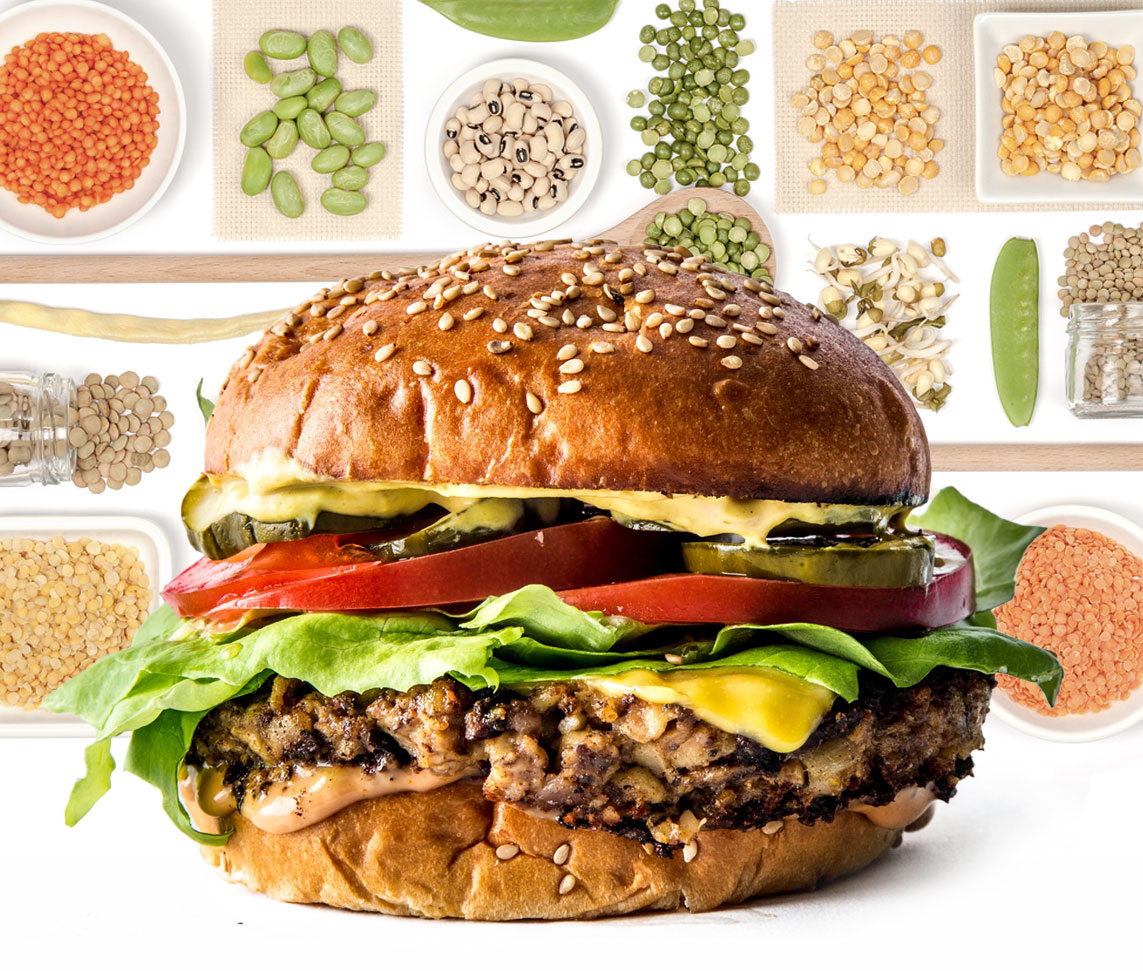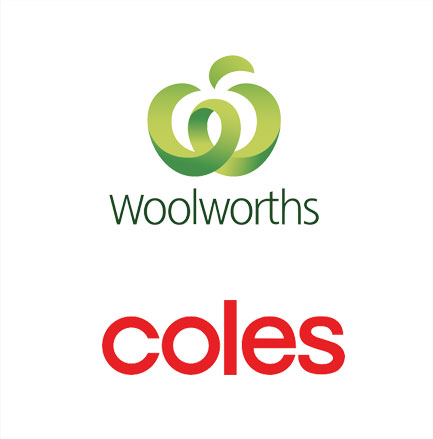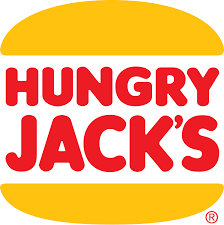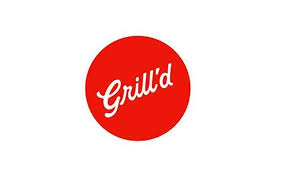Feb 17, 2020 by Mark Dingley
The demand for plant-based foods is rising. And it’s not just vegans and vegetarians driving the trend – more than 10 million Australians opt to go meat free at least one day a week.
It is not surprising that major supermarkets, restaurants and fast food outlets are stocking their shelves with more fake meat options in 2020.
There’s plenty of new products to go around too. The number of new food products launched in Australia with vegan labelling has almost tripled in the past five years.

What’s the science behind the fake meat products? Different companies use different methods. The Australian alternative meat products on the market, including the Hungry Jacks burgers made by v2, are almost all soy or pea-protein based. The famous Impossible Burger is made chiefly of soy and potato proteins with coconut and sunflower oils.
But these are not your typical veggie burgers.
Take the Impossible Burger. To be sustainable (which is of colossal importance to the company), it requires 87% less water and 96% less land than a real beef burger. They also claim to make it nutritionally equal to or superior to beef.
The thing that really makes it unique is a molecule called heme. The special ingredient that keeps the middle of an Impossible Burger pink as it cooks, Heme even replicates the yeasty, bloody flavour of a real beef burger.
This is important because the Impossible Burger is not just aimed at vegans – in fact, 95% of those who buy the burger are meat eaters. Likewise, Australian start-up v2food is targeting its plant-based meat alternatives towards meat-eaters, “particularly those who are concerned about the impact of food production on the environment.”
To achieve a meat alternative that meat-eaters will enjoy, v2food is working on different ratios of plant proteins combined with carbohydrates from a range of sources. The interactions of the ingredients are studied at a molecular level and different processing techniques are used to achieve the right texture, structure and bit. For nutritional value, various components are introduced: pre-biotic fibres, omega-3 plant-based or algal oils and micronutrients.
The result is what they call “sculptured food”.
Other companies have their own unique methods.
One of these is by plant-based meat company Fable. Newly launched in Australia by Shoes of Prey co-founder Michael Fox and backed by Atlassian co-founder Mike Cannon-Brookes, the company’s products are made primarily from shitake mushrooms. However, they are carefully structured to have the same texture and taste as meat.
Rather than being used as a burger patty, Fable products are designed to replace meat in curries, braises and stews, and are being rolled out in restaurants in Australia, London, and Singapore.
Not to be outdone, Impossible Foods has also just announced a new product: plant-based pork. It’s designed to look, cook and taste like ground pork. This has massive implications for a market that is still reeling from the disastrous African Swine Flu.
Then there’s the topic of cellular meat. This is real meat tissue, grown in a laboratory – literally the “manufacturing” of meat.
While it’s yet to be commercialised, The New Yorker reports that 33 companies are working on a single-ingredient cellular approach. In other words, they are using animal cells to grow meat “in vats”. The end goal is to grow cellular tissue, such as a whole steak.
You might have noticed the revolution taking place in fast food outlets, restaurants and supermarkets across Australia. Alternative meat products are taking over a growing proportion of menus and shelf space.
Here’s where customers can buy plant-based meat in 2020:
Check out the shelves at Woolworths or Coles and you’ll find a growing range of plant-based mince, burger, sausage and even alternative “seafood” options in the fridge.
For example, Coles sells high-profile brands like Beyond Burger and has recently added Aussie food manufacturer Soulfresh’s Eaty range of pea and bean protein-based meals meats, including “Italian beef meatballs” and “Thai green chicken curry”.
Woolworths sells Next Gen burgers from Farm Foods Australia, as well as newer, lesser-known brands like Naturli. It has recently added plant-based prawn alternatives to its shelves too – you’ll find them in a space usually reserved for meat.

Hungry Jacks has added to the fast food menu for flexitarians with the Rebel Whopper. The hero is a plant-based patty developed in Australia by plant-based meat start-up v2food, an Australian joint venture between¬ the CSIRO and Hungry Jack’s founder Jack Cowin.
Now available in all Australian states and territories, the Rebel Whopper is described as having “0 per cent beef but 100 per cent Whopper taste.”

The pizza chain started with a plant-based beef pizza range, which included beef and onion, beef loaded burger and a beef taco fiesta. From October last year, Domino’s have extended its menu to add even more plant-based options including a plant-based Hawaiian, ham and cheese, supreme and pepperoni pizzas.

Not only does Grill’d use Beyond Burgers for its meat alternative burger range, customers can swap out the meat patty of any burger for a Beyond patty for an extra $3. The website states: “Our Beyond Burgers are for wholesome, meat-eating carnivores who need a break from their steak.”
The Australian hamburger chain also declared its first meatless Monday on 15 April 2019, with the chain only offering plant-based hamburger "patties" for one day. Founder Simon Crowe plans for half its menu to be plant-based by 2020.


Back in our Guide to Fake Meat in 2018, we talked about how “meat-free is not a fad with an expiration date”. This prediction was spot on. The trend has soared in the past two years and is set to continue. Just look at the growing shelf space dedicated to plant-based meats in Woolworths and Coles. The demand is coming not just from vegetarians and vegans; meat-eaters are also looking to reduce the environmental impact of their food choices.
The implications for food producers and companies are massive. Those already producing plant-based foods stand to be winners. How will you adapt?